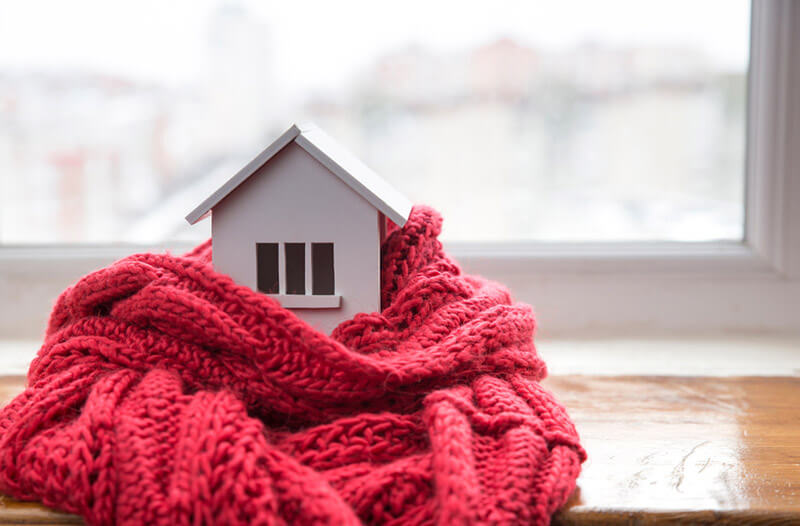According to the US Department of Energy, 42% of your energy use each year is for heating your home. A key factor in how much energy you use is what type of heating system you have.
According to the US Department of Energy, 42% of your energy use each year is for heating your home. A key factor in how much energy you use is what type of heating system you have. Let’s look at three of the most common HVAC heating systems used today: boiler, furnace, and heat pump.
Boiler
A boiler uses fuel or electricity to heat water. That hot water circulates through the house to radiators or radiant floors. The upside to modern boiler systems is they provide steady consistent heat with no air drafts. They provide both heating and hot water. Boilers require minimal maintenance from an HVAC professional. Energy costs are generally lower because water holds heat better than air. A boiler system doesn’t distribute allergens. The downside is that a boiler system can only be used for heat. Air conditioning has to be installed separately. Installation alone can also be costly.
Furnace
A furnace uses fuel or electricity to heat air. The system circulates the heated air through air ducts. Furnaces have the advantage of a lower cost for installation. The ducts used for furnaces can also be used for the air conditioner. There are no potential issues with water leaks or flooding. Furnaces also have some disadvantages. Air movement out of vents can cause the house to feel drafty. The air also distributes allergens throughout the house. A furnace needs a clean air filter to work efficiently. An air conditioner must be installed separately from a furnace.
Heat Pump
A heat pump pulls heat from the outside air or from the ground to heat your home. The heated air circulates through vents. The system can be reversed in the summers to extract heat from your home and send it outside. Heat pumps collect heat instead of creating it. This makes them far more efficient than other systems. Heat pumps handle both heating and cooling. You can choose from a duct or ductless model. Newer heat pumps can use collected heat to heat water.
A heat pump works best in a moderate climate. When temperatures get below freezing, it will need to use backup burners to keep the house warm. These burners are very inefficient, which can drive up your energy use. There’s an indoor and outdoor units which take up space. A heat pump also needs clean air filters to work.
If you want to learn more about these heating systems, give Ardmore Fresh Air a call today. We are the HVAC professional company that you can trust to keep your heating and cooling systems running efficiently year-round.

